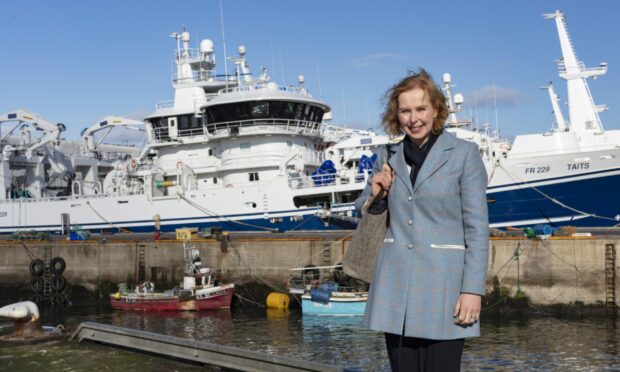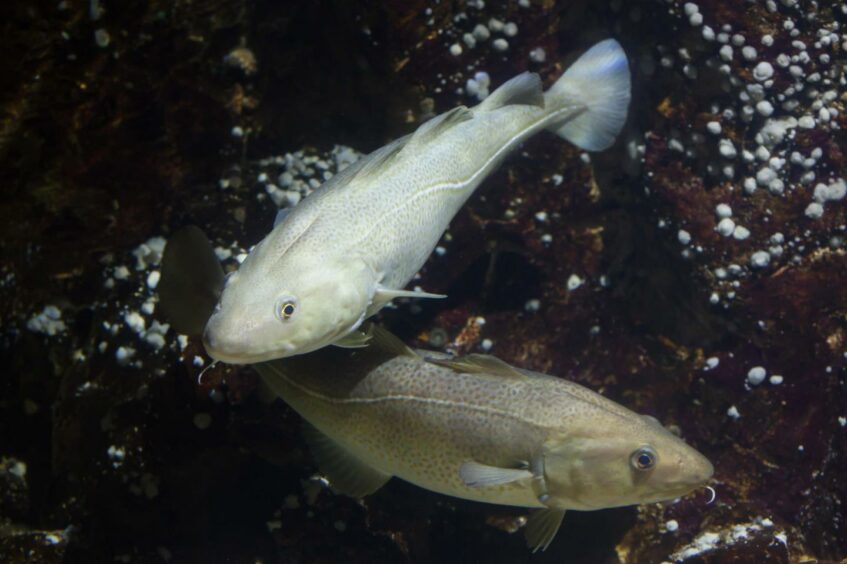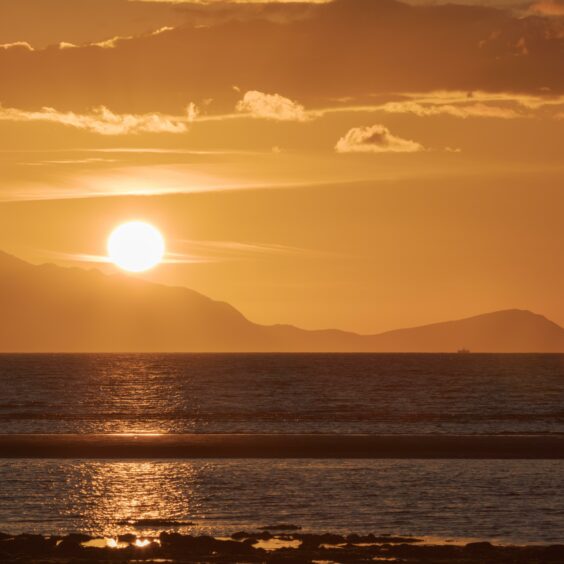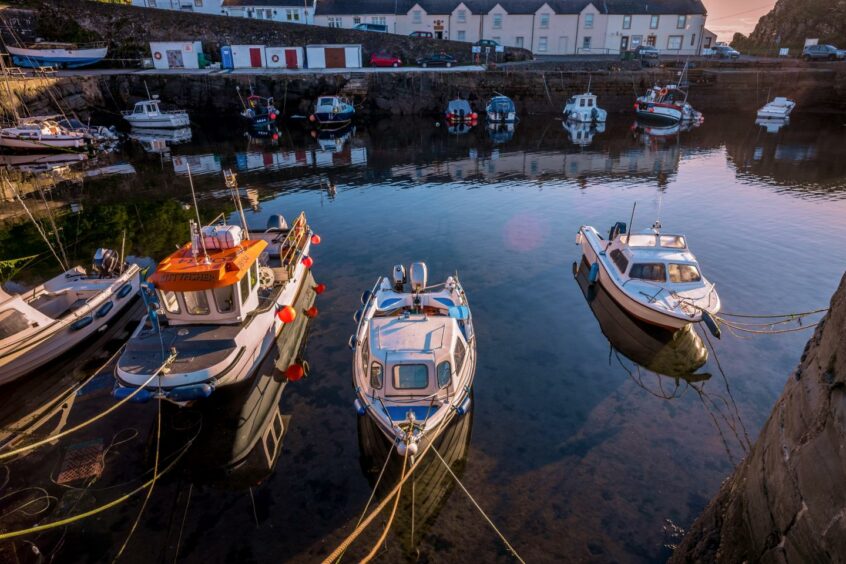Fishing chiefs have warned the Scottish Government’s move to wholly close fishing grounds in the Firth of Clyde sets a dangerous precedent.
The cod spawning closure between February 14 and April 30 is intended to strengthen stock recovery.
Earlier restrictions exempted prawn trawlers, creelers and scallop dredgers, due to the low numbers of cod they catch.
But government agency Marine Scotland said cod stocks in the area were showing little sign of recovery.
‘Extremely vulnerable’
Introducing the stricter measures, Marine Scotland said spawning cod were “extremely vulnerable to any activity impacting the seabed as fish are very territorial and unwilling to leave their mating areas”.
As a result, they are less likely to try to evade oncoming fishing gear, it said, adding: “Limiting physical disturbance during the spawning period will minimise disruption… and harness cod reproduction.”
According to the Scottish Fishermen’s Federation (SFF), the move is “devastating” for fishers who have limited or no other options during the period of closure.
SFF chief executive Elspeth Macdonald said: “Conservation measures taken to recover fish stocks are an important part of sustainable fisheries management.
“For several years we have been constructively engaged with the Scottish Government on interactions between fisheries and marine conservation, and there are good examples where this approach has served all parties well and driven the desired outcomes.
“While we may not always agree, we have always been able to have mature, rational discussion and there has been a clear and logical process that has been followed in reaching decisions. ”
Ms Macdonald said the government’s “botched” handling of Clyde fishing grounds had “served only to undermine our trust in that process”.
She added there had been no “engagement” by Holyrood since a short, “routine” consultation late last year, no subsequent discussion and “no evidence presented to justify this course of action”.
There was also no warning of the change affecting many fishing businesses,” she said.
Ms Macdonald continued: “Fishermen within the memberships of SFF’s constituent associations will be less affected by this particular case than those who rely on the Clyde for their primary fishing grounds.
“We are however very concerned by the Scottish Government’s apparent willingness to disregard due process, undermine constructive relationships and make decisions affecting lives and livelihoods without presenting any evidence as to why this is either necessary or beneficial.
“We are very concerned that this decision by the Scottish Government – a government now driven by its cooperation agreement with the Scottish Greens – sets a dangerous precedent for how they intend to approach fisheries management and marine conservation.
“The decision taken about the Clyde renders laughable any claims by the Scottish Government about them taking a co-management approach to fisheries management.”
‘Critical’ fish habitats
Phil Taylor, head of policy at environmental campaign group Open Seas, said: “By removing these exemptions, the Scottish Government has righted a long-standing fault in fisheries management in the Clyde.
“The SNP-Greens deal requires that the Scottish Government protects ‘critical fish habitats’ so this is a small step towards doing that, but there remains an urgent need to consider bold measures for all of Scotland’s seas.”



